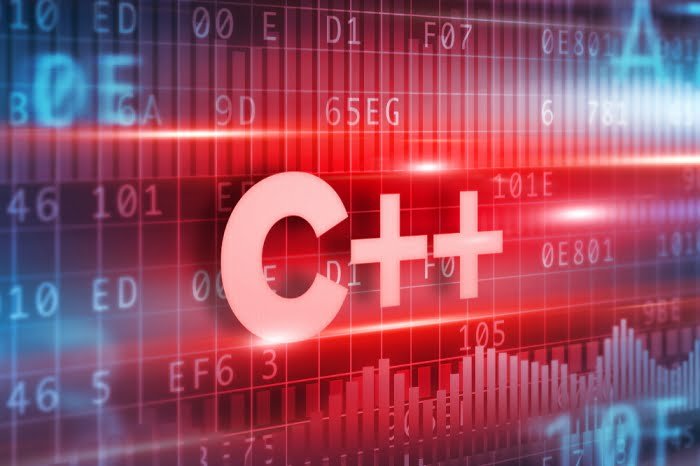
C++ is a powerful and versatile programming language for developing a variety of applications, ranging from desktop software to video games and embedded systems. It is an extension of the C programming language and was developed by Bjarne Stroustrup in the early 1980s.
What sets it apart from other programming languages is its ability to combine high-level and low-level programming features. It allows you to write efficient and fast code while also providing high-level abstractions, making it easier to write complex programs.
Benefits of C++
this language offers numerous benefits that make it a popular choice among developers:
1. Performance of C++:
One of the key advantages is its performance. It allows for low-level memory manipulation and direct hardware access, making it ideal for applications that require high performance, such as real-time systems and game development.
2. Portability:
it’s code can be compiled and run on different platforms, including Windows, macOS, Linux, and various embedded systems. This portability makes it easier to develop cross-platform applications without having to rewrite the entire codebase for each platform.
3. Object-Oriented Programming (OOP):
C++ supports object-oriented programming, which allows for the creation of modular and reusable code. OOP helps in organizing code into classes and objects, making it easier to manage and maintain large-scale projects.
4. Flexibility:
With C++, you have the flexibility to choose the level of abstraction that suits your needs. You can write low-level code for performance-critical sections and use high-level abstractions for the rest of your program, striking a balance between efficiency and ease of development.
5. Community and Resources of C++:
C++ has a large and active community of developers who contribute to its growth and provide support through forums, online tutorials, and libraries. This wealth of resources makes it easier for beginners to learn and for experienced programmers to find solutions to their coding challenges.
Getting Started with C++
If you are new to C++ programming, getting started can seem daunting. However, with the right resources and a structured approach, you can quickly grasp the essentials and start writing your own programs.
Here are a few steps to help you get started:
1. Learn the Basics:
Begin by familiarizing yourself with the basic syntax, data types, control structures, and functions in C++. Understanding these fundamental concepts will form the building blocks for more complex programming tasks.
2. Practice with Examples:
Once you have a good grasp of the basics, start practicing by solving simple programming exercises. There are plenty of online platforms and books that provide coding challenges and examples to help you improve your skills.
3. Explore Object-Oriented Programming:
As mentioned earlier, C++ supports object-oriented programming. Take the time to understand the principles of OOP and how to implement them in your code. This will enable you to write more modular and maintainable programs.
4. Join the Community:
Join online communities and forums dedicated to C++ programming. Engage with fellow programmers, ask questions, and share your knowledge. Learning from others and collaborating on projects will accelerate your learning process.
5. Build Real-World Projects:
Apply your knowledge by working on real-world projects. This will help you gain practical experience and showcase your skills to potential employers or clients. Start with small projects and gradually tackle more complex ones as you become more proficient.
Conclusion
C++ is a powerful programming language that offers a wide range of benefits for developers. Its performance, portability, and flexibility make it a popular choice for various applications. By learning C++, you open up opportunities to work on exciting projects and join a vibrant community of programmers.
So, whether you are a beginner or an experienced programmer, take the plunge and start exploring the world of C++. Happy coding! contact us for batches .

